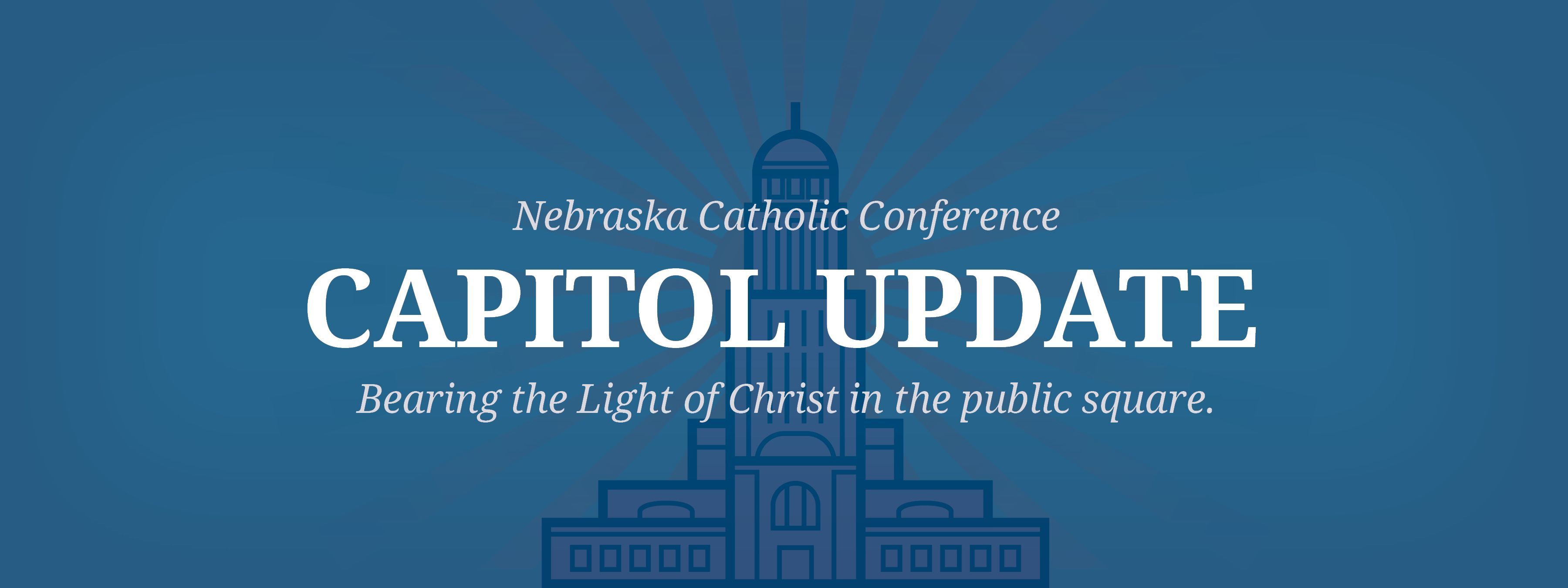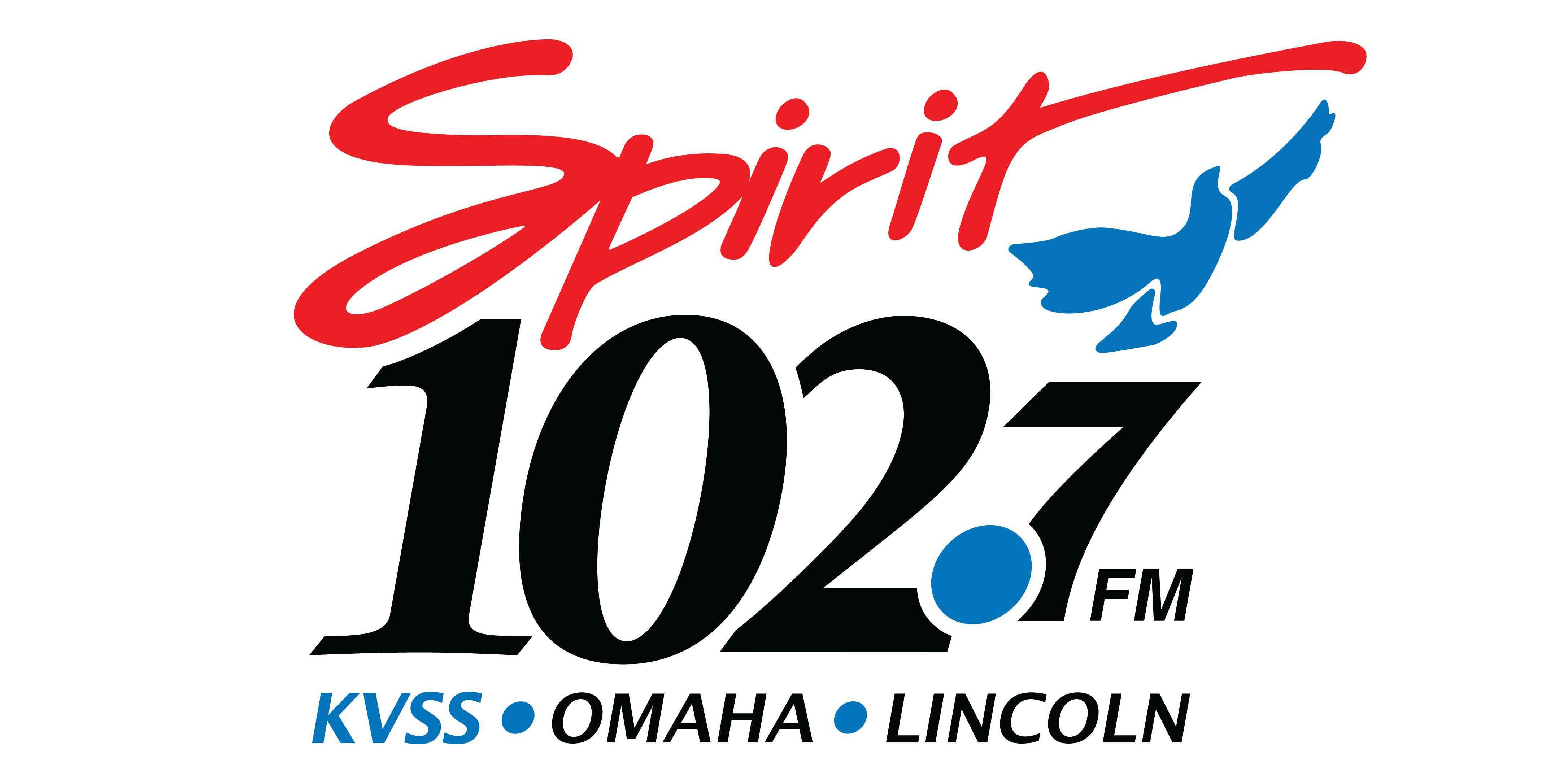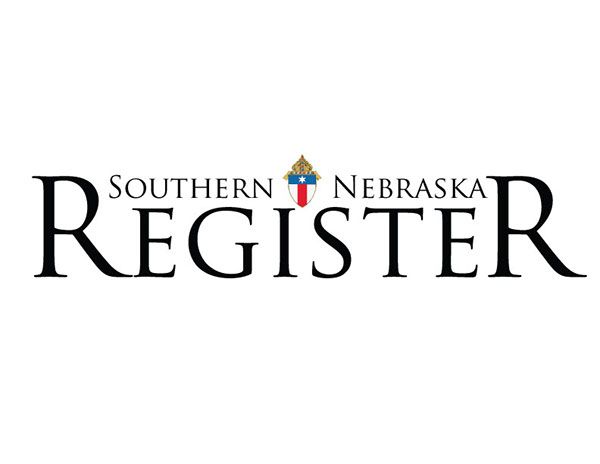In the coming days, the Supreme Court will have the unique opportunity to alter the course of America’s history with abortion, which has already violated the human dignity of 62,000,000 preborn children, and millions of mothers and fathers. Opening arguments for Dobbs v. Jackson Women’s Health Organization are scheduled for Dec. 1. Prayer rallies and demonstrations are scheduled to take place in front of the Supreme Court to commemorate the start of proceedings. A multidenominational prayer campaign kicked off Nov. 18: Pray for Dobbs (www.PrayForDobbs.com). Catholic, Orthodox and Protestant congregations are participating with prayer and fasting in support of the fiercest opponent to Roe v. Wade we’ve seen. Needless to say, people of faith, committed to science, are preparing for this monumental moment.
Dobbs v. Jackson Women’s Health Organization centers on Mississippi’s 2018 Gestational Age Act that effectively bans abortion after 15 weeks. This ban is being challenged by Jackson Women’s Health Organization, Mississippi’s lone abortion provider. The abortion provider claims this law is a direct violation of the Supreme Court’s fabricated right to abortion. Dobbs will challenge Roe v. Wade and Planned Parenthood v. Casey’s viability standard which makes it nearly impossible for states to protect unborn life prior to the viability of unborn life outside the womb.
Viability of life outside the womb has always been an arbitrary line in the sand, especially as we have witnessed advances in medicine and technology. The US needs constitutionally sound decisions and frameworks that protect the right to life of all citizens. And this is what is on the line with Dobbs v. Jackson Women’s Health. No wonder many faith traditions are asking people of faith to fall on their knees in fervent prayer.
While most of us are not the justices or attorneys, every person of faith has a part in these historic proceedings. First and foremost, we can pray and fast for the duration of the Dobbs proceedings. James 5:16 tells us,” The fervent prayer of a righteous person is very powerful.” The Pray for Dobbs campaign encourages individuals and parishes to institute daily or weekly prayer now through the conclusion of the case, which will likely be sometime in July when we receive a court opinion. Some specific prayers include prayers of the thanks for this opportunity to challenge Roe v. Wade; for the Justices and attorneys, for an increase in strength, courage, and clarity; and for a just outcome that affirms the right to life for the preborn. You can find more intentions, action items, and events for this prayer effort at www.PrayForDobbs.com.
In a Pray for Dobbs seminar, Archbishop Joseph F. Naumann commented that while this is an exciting time, it’s a dangerous time. Wealthy and powerful forces are hard at work. Protecting these flawed legal frameworks, rallying abortion supporters, and perpetuating myths that harm women. A popular—and particularly misogynistic—notion that ‘women need abortion to be successful’ couldn’t be farther from the truth. That statement couldn’t invalidate the strength of a woman more. That notion couldn’t faster dismiss the responsibility of fathers, neighbors, and communities to unconditionally love one another.
Vulnerable women and parents need neighbors, support systems and cultures of life that advocate for their success through difficult circumstances. But we rarely hear the wealthy and powerful forces in support of abortion speak that truth. You will probably have to dispel some myths and defend your beliefs. As this court case gains notoriety, the abortion debate will undoubtedly heat up in the coming months.
My hunch is each of us will have ample opportunities to discuss abortion with friends, family, and co-workers. With each conversation, we have a chance to spread the good news, and convert a heart. Let’s prepare now. With conversations about issues of life, it’s vital that we are clear, accurate and charitable with our words. Here’s a few tips toward those ends:
Have a disposition of empathy and compassion.
Remember: the other person is not the problem or enemy.
Listen to understand, not to respond. Ask questions.
Assume the person you are talking to has a personal experience with abortion. My rule of thumb is to assume a post-abortive man/woman can always hear me.
Find common ground as much as possible to build trust and diffuse discomfort.
Say ‘Abortion is Murder’ less. ‘Murder’ implies a specific intent. Women are often coerced into abortion, or in states of confusion and panic. In these cases, the phrase is inaccurate. You can safely replace ‘murder’ with ‘homicide.’ Abortion is always homicide.
Offer resources when appropriate—pregnancy center referral, post-abortive ministries, etc.
This topic deserves our time and attention more than ever. If you want to brush up on your dialogue skills, check out Equal Rights Institute and Abortion Dialogue Academy online.
Our nation will be watching and praying as the Supreme Court hears the Dobbs case. One thing is certain no matter the outcome: we will continue to imitate Christ, especially by meeting the needs of vulnerable, abortion-minded women. As Catholics, we bear the responsibility of creating a culture of life, teaching the sanctity of human life, valuing mother and child. So we will do just that.







